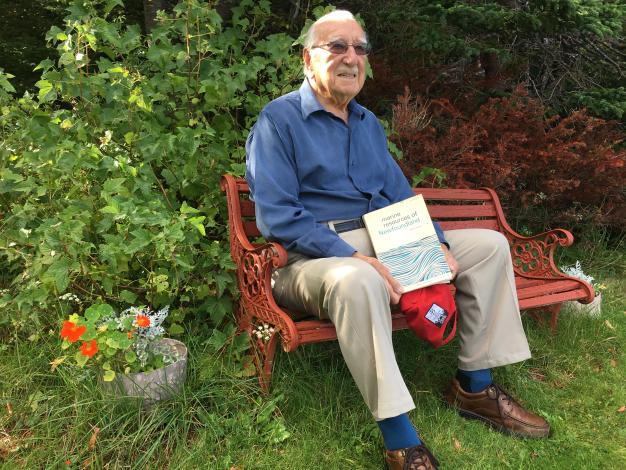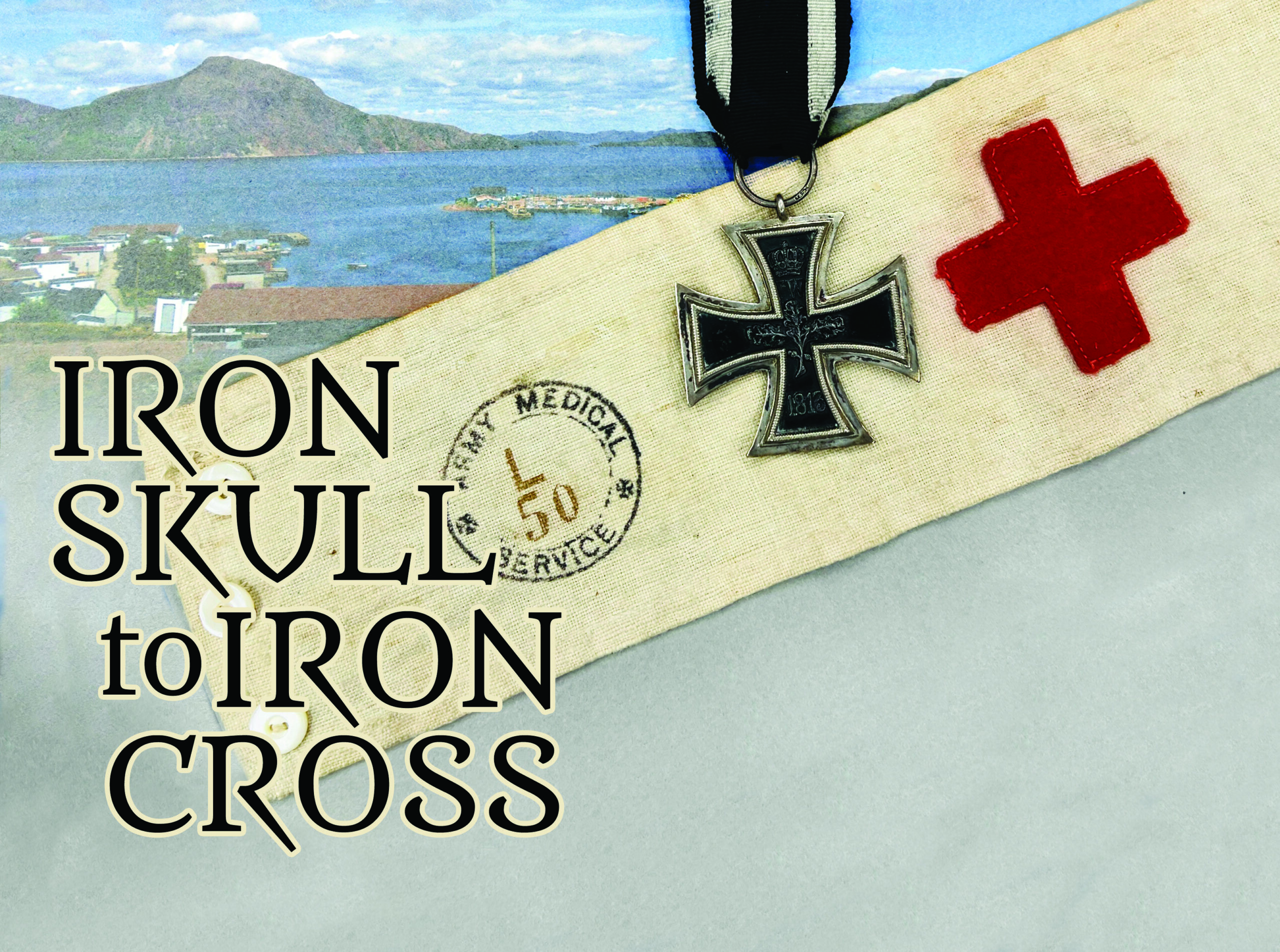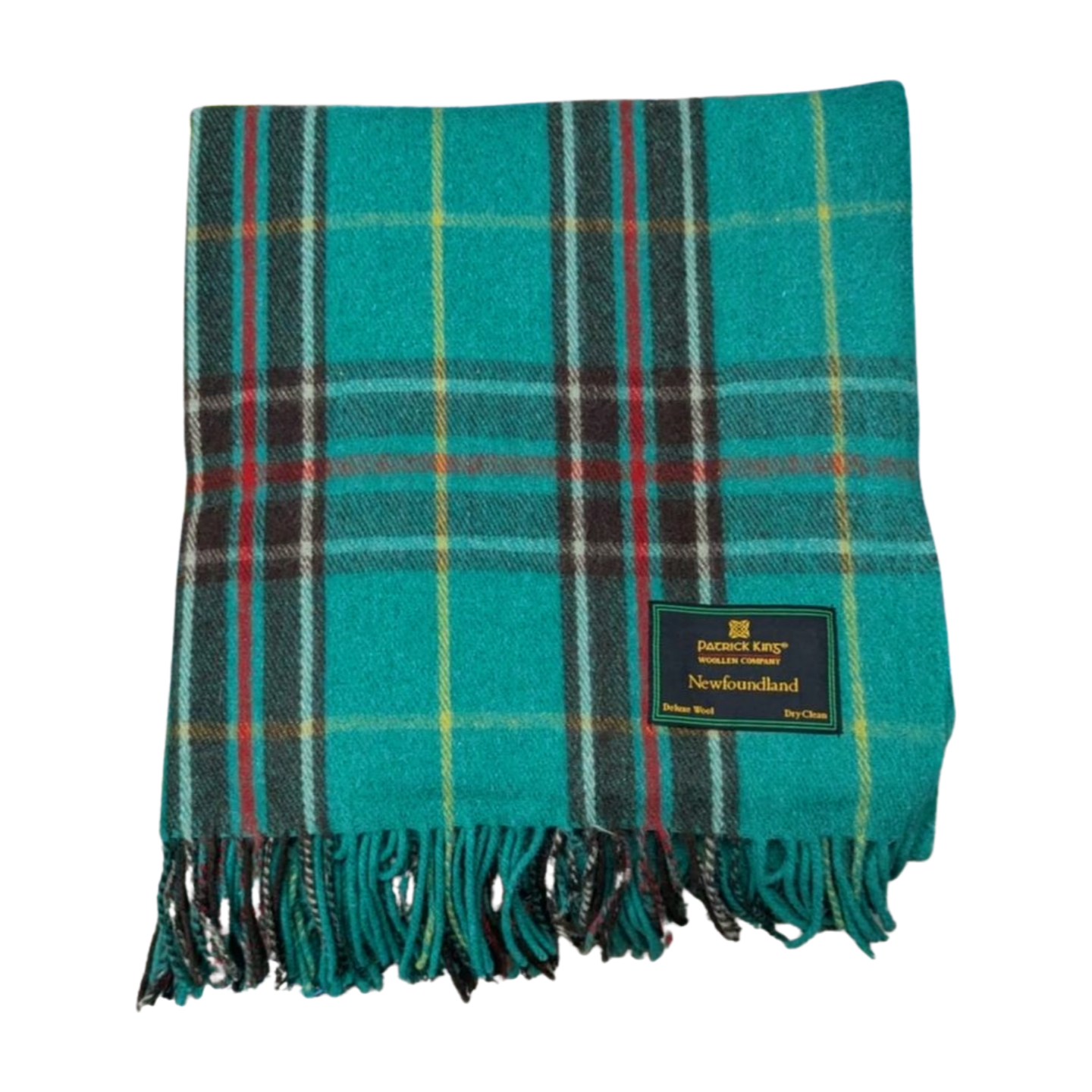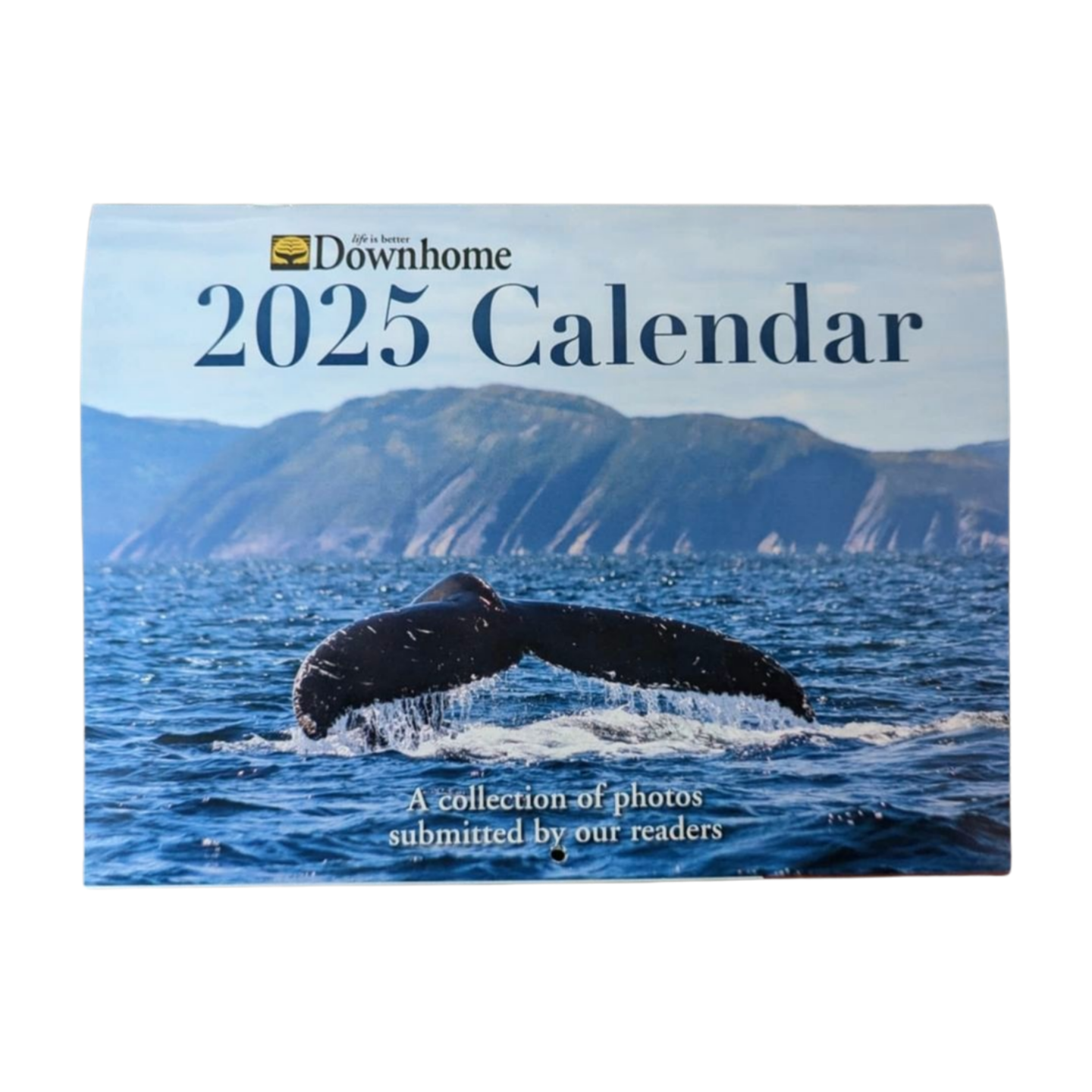By David Vardy
Gus Etchegary passed away on May 7, 2023, just three weeks short of his 99th birthday. In a life long lived, Gus gained a legacy for many things. He was most widely known for being an articulate and passionate spokesman for the fishery. While I was deputy minister of provincial fisheries, Gus chaired a provincially appointed independent fishery advisory committee. In recent years he led the Fisheries Community Alliance, of which I am a proud member.
Born Augustine A. Etchegary in St. Lawrence, NL, Gus was just 17 years old when he helped in the rescue of 186 survivors of the Truxton and Pollux shipwreck in February 18, 1942. He befriended Lanier Phillips, one of the survivors, a Black seaman in the US Navy, who served on the destroyer USS Truxton. This friendship endured right up until Phillips died in 2012.
Growing up in St. Lawrence, the “soccer capital of Canada,” Gus became an acclaimed soccer and hockey player. The leadership skills he learned playing sports prepared him for his future roles as plant manager, company president and community advocate. He was COO of the largest fish harvesting, processing and marketing company in the province, Fishery Products Limited (FPL), which in 1984 became Fishery Products International (FPI).
Gus was a titan, a tectonic force. With a powerful vision and voice, he called for the rebuilding of depleted fish stocks to help revitalize the fishing industry. He saw the future of FPL as a global, vertically integrated firm, supplied by a fleet of offshore trawlers and inshore fish harvesters.
In the early 1970s, Gus led the Save our Fisheries Association (SOFA), which drew national and international attention to foreign overfishing. SOFA advocated for the creation of an extended economic zone (EEZ), which was realized – but only to the 200-mile limit. Gus pushed prime ministers Pierre Trudeau, Jean Chretien and Stephen Harper to extend jurisdiction to the edge of the continental shelf, including the nose and tail of the Grand Banks of Newfoundland, as well as the Flemish Cap. They promised action, but did not deliver.
Over the years, Gus hammered away at politicians of all stripes. For him the fishery was too important to become a political pawn. Speaking out through every medium available, including open line shows and letters to the editor, his was a constant, articulate voice for decades on the fishery.
Serving as a Northwest Atlantic Fisheries Organization (NAFO) commissioner, Gus worked for many years to reform NAFO. He believed that, as the coastal state, Canada should have a greater voice than its single vote among 13 contracting NAFO members, so that overfishing would not destroy our coastal communities.
To better protect the fisheries, Gus advocated for better fishery science and better management. He often spoke in praise of Dr. Wilfred Templeman, director of the Fisheries Research Board. Gus felt that research boards, independent of political pressure, could speak truth to power and outside of DFO’s structure. If groundfish stocks were rebuilt and managed properly, with better science and stronger enforcement of fishing rules, both inside and outside the 200-mile limit, it would yield benefits more significant and more sustainable than those from non-renewable resources such as oil and gas.
For his amazing accomplishments and contribution to public life, Gus was awarded an honorary doctorate from Memorial University in 2008. In 2013, he published an account of the fishery mismanagement, entitled Empty Nets. It laid out his vision for improved fishery management and a revitalized approach to stock rebuilding and sustainable fishing.
Gus and his wife, soul mate and first mate Kay, were intrepid sailors. They once journeyed 42 days around the province on their sailboat, La Reine Basque. They visited many of the fishing communities where Gus had spent his early days.
With his passing, Gus has left an unfillable void. Who now can speak with his authority and wisdom? Or hold the passion that inspired those who love our province and believe in its future?
Gus Etchegary’s legacy can only be fully realized when decision makers act urgently to rebuild depleted stocks, so that fishing communities can regain their independence and self-reliance. Then, and only then, will Newfoundland and Labrador’s greatest fish titan rest in peace!
About the author: David Vardy had a career in public service, holding positions such as clerk of the Executive Council, president of Marine Institute, deputy minister of fisheries and aquaculture, and chair of the Public Utilities Board. He was a founding member of the Muskrat Falls Concerned Citizens’ Coalition, and more recently served on the Premier’s Economic Recovery Team (PERT) and the Expert Panel on Churchill Falls.












